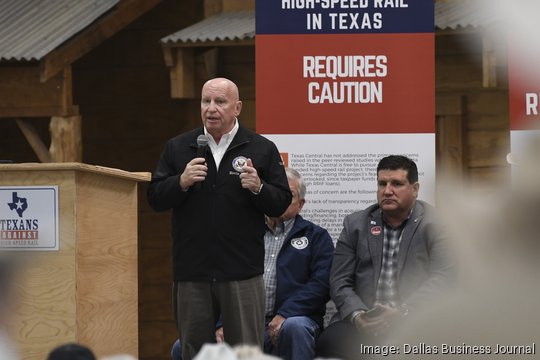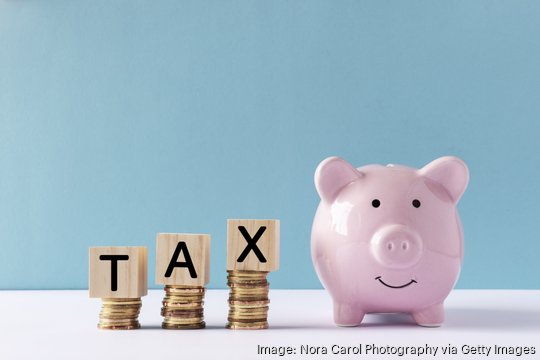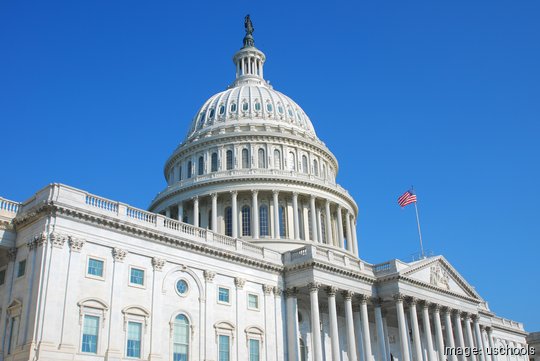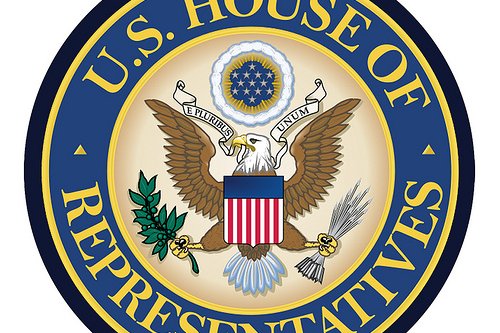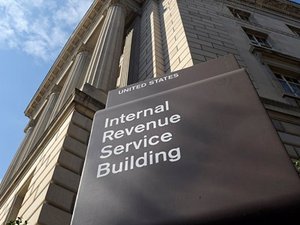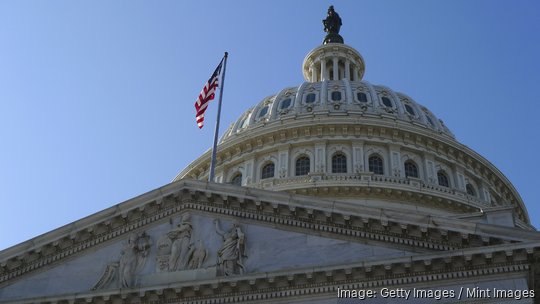
Karamedica is a small, 7-year-old biomedical startup in Raleigh, whose lifeblood has been a pair of grants from the National Institutes of Health worth about $3.1 million.
Karamedica is researching ways to make a biopolymer that comes from shellfish implantable. Its founders envision using the material as a drug delivery vehicle or perhaps to control bleeding during surgery. The eight-person company has had successes, recently using polymer-enhanced nanoparticles to cross the blood brain barrier in a mouse model. The next step, says CFO Taub Swartz, is pursuing funding to prove out the technology in primates.
But the vision – despite the millions in federal funds directed to the effort – could be halted completely thanks to a higher tax bill.
With 2023 drawing to a close, companies like Karamedica are planning their future. And for some, that could mean bankruptcy due to Congress not extending a key tax provision tied to expenses for research and development.
As Eva Garland of small business consultant Eva Garland Consulting explains it, lawmakers in Washington did not extend a provision that allows R&D costs to be fully expensed under Section 174 of the tax code. Multiple groups have sent letters to Washington urging lawmakers to restore the provision.
With the final tax deadline earlier this month, the issue became a reality for companies across the nation, Garland said, noting the first tax year of impact was 2022.
“Now companies are having to make decisions on what they do in 2023,” she said. “I mean, do they invest in research and innovation? A lot of them are choosing not to now that they’ve seen that tangible impact.”
Section 174: A timeline
While some big companies were prepared for the change, many startup leaders say they learned about the switch when they received the tax bill. As it stands now with the change, the tax code requires R&D amortization over a period of five years, potentially creating a mathematical mismatch for companies whose largest R&D line item is talent.
Closer look: How Section 174 impacts software startups
At Karamedica, the firm took in about $1.2 million in grants in 2022 and spent the entire amount on science – from staff to laboratory materials – to achieve the stringent goals set out by the NIH. But now the company is getting hit with a $100,000 tax bill.
“We are facing a tax liability on money that was totally spent,” Swartz said. “We’re a company that has no product sales. There’s no other resources to get this money from.”
If the company applies for the grants to keep its research going, it now has to prove to the government it can pay future tax bills as well before it even qualifies for a check – a “vicious cycle” that could stop the company in its tracks.
So far, Karamedica has enacted furloughs – but it won’t be enough, Swartz said.
“We are going to have to figure out where we could get this money or it could become the death knell, the death spiral for a company like ours today,” Swartz said.
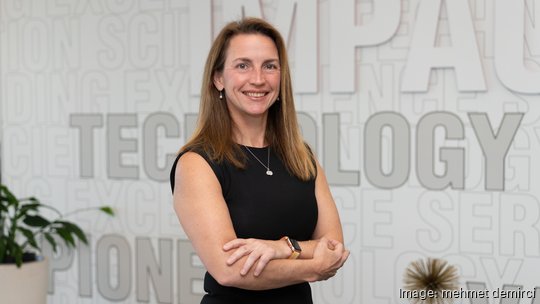
In Research Triangle Park, seven-person pharma firm Dignify Therapeutics faces a similar problem – although as an LLC, the surprise tax bill is directed toward shareholders, including CEO Ed Bugard. The decade-old drug discovery company – the third for the group of founders over the past two decades – focuses on developing new therapies for bladder and bowel disorders in people with spinal cord injury, spina bifida, multiple sclerosis and other neurological conditions. Like Karamedica, it’s primarily grant funded, securing $15 million over several years.
“Grant money is now treated as income, even though the company isn’t making any profit,” Bugard explains. “The government is paying us to achieve these scientific advances and develop products and we’re not making a dime, we’re doing our research and development, so the idea that it would be treated as income is just ridiculous.”
In Dignify’s case, investors are responsible for a nearly $700,000 tax bill for 2022 – and that includes backers that haven’t been involved with the company in years, leading to painful phone conversations.
“All of a sudden, we’re reaching out to them saying, look, the government said we made an income and here’s the tax bill,” Bugard said. “That does not go over well, especially if people are getting it out of the blue.”
Garland fears the surprise bills could discourage future investment – dollars critical for innovative companies.
She hears stories like those of Swartz and Bugard daily – but she also sees opportunity. There are bills circulating in Congress to correct the issue, and with a new Speaker of the House finally installed, there’s momentum to get something passed before the election year, she said.
“I feel like this is the time to push hard,” she said.
Garland said she’s spoken with multiple business owners eyeing bankruptcy if the issue isn’t resolved. Others are considering not accepting grant funding “which is the lifeblood of these organizations.”
